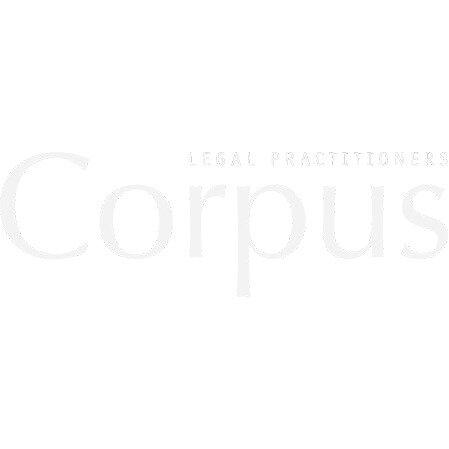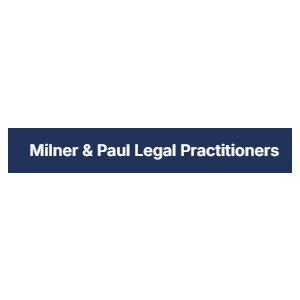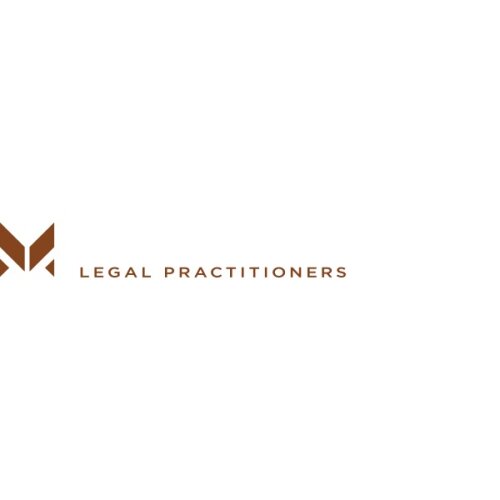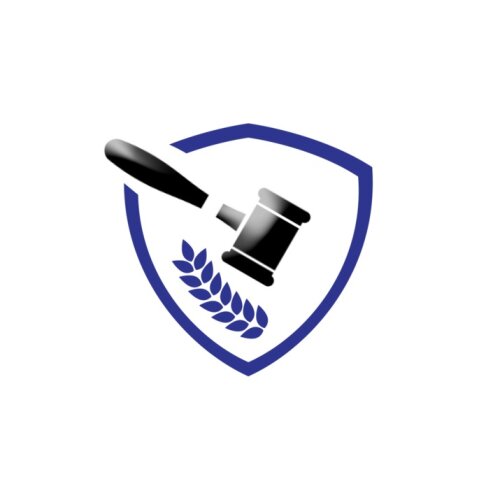Best Legal Document Lawyers in Lusaka
Share your needs with us, get contacted by law firms.
Free. Takes 2 min.
List of the best lawyers in Lusaka, Zambia
About Legal Document Law in Lusaka, Zambia
In Lusaka, Zambia, legal document law refers to the regulations and processes surrounding the creation, interpretation, and enforcement of various legal documents. These documents can include contracts, agreements, wills, deeds, and more. Legal document law ensures that these documents are legally valid and can be used as evidence in courts or other legal proceedings.
Why You May Need a Lawyer
There are several situations where seeking the assistance of a lawyer specializing in legal document law in Lusaka, Zambia can be beneficial. Some common scenarios include:
- Creating or reviewing contracts or agreements
- Drafting or updating wills
- Negotiating terms and conditions of a business deal
- Resolving disputes related to legal documents
- Understanding your rights and obligations under a legal document
Local Laws Overview
It is important to be aware of the key aspects of local laws in Lusaka, Zambia that are relevant to legal documents. These include:
- The Contract Act: Governs the validity, interpretation, and enforcement of contracts
- The Wills Act: Outlines the requirements and procedures for creating a legally valid will
- The Land Act: Regulates the creation and transfer of property ownership through legal documents like deeds
- The Arbitration Act: Provides guidelines for settling disputes through arbitration agreements
- The Companies Act: Pertains to legal documentation related to the formation and operation of companies
Frequently Asked Questions
Q: How do I know if a legal document is valid?
A: A legal document is considered valid if it meets the requirements outlined in relevant laws, such as being signed by all parties involved, having proper witnessing where necessary, and adhering to any specific legal formalities.
Q: Can I create a legal document myself without a lawyer's assistance?
A: It is possible to create certain legal documents without a lawyer, such as simple contracts. However, for complex or high-stakes matters, it is generally advisable to seek legal advice to ensure your document is legally sound and protects your interests.
Q: What should I do if I need to modify an existing legal document?
A: Depending on the nature and terms of the document, you may need to create an amendment or addendum. It is recommended to consult with a lawyer to ensure the modifications are done correctly and in compliance with the law.
Q: Can I use a template or sample legal document I found online?
A: While templates or samples can be a helpful starting point, it is crucial to customize them to your specific circumstances. Laws can vary, and generic documents may not adequately address your needs or comply with local legal requirements. Seeking legal advice is advisable in such cases.
Q: How can I resolve a dispute related to a legal document?
A: If you encounter a dispute, it is best to consult a lawyer with expertise in legal document law. They can guide you through negotiation, mediation, or, if necessary, represent you in court to resolve the matter in a legal and fair manner.
Additional Resources
- Zambia Law Development Commission (www.lawcom.gov.zm)
- Zambia Institute of Advanced Legal Education (www.ziale.org)
- Zambia Judiciary (www.judiciaryzambia.com)
Next Steps
If you require legal assistance in legal document matters in Lusaka, Zambia, here are the recommended next steps:
- Identify the specific legal document issue you need help with.
- Gather all relevant documents and information related to your case.
- Research and contact a reputable lawyer specializing in legal document law in Lusaka.
- Schedule a consultation to discuss your situation and seek advice.
- Follow the lawyer's guidance on proceeding with your legal matter.
Lawzana helps you find the best lawyers and law firms in Lusaka through a curated and pre-screened list of qualified legal professionals. Our platform offers rankings and detailed profiles of attorneys and law firms, allowing you to compare based on practice areas, including Legal Document, experience, and client feedback.
Each profile includes a description of the firm's areas of practice, client reviews, team members and partners, year of establishment, spoken languages, office locations, contact information, social media presence, and any published articles or resources. Most firms on our platform speak English and are experienced in both local and international legal matters.
Get a quote from top-rated law firms in Lusaka, Zambia — quickly, securely, and without unnecessary hassle.
Disclaimer:
The information provided on this page is for general informational purposes only and does not constitute legal advice. While we strive to ensure the accuracy and relevance of the content, legal information may change over time, and interpretations of the law can vary. You should always consult with a qualified legal professional for advice specific to your situation.
We disclaim all liability for actions taken or not taken based on the content of this page. If you believe any information is incorrect or outdated, please contact us, and we will review and update it where appropriate.

















